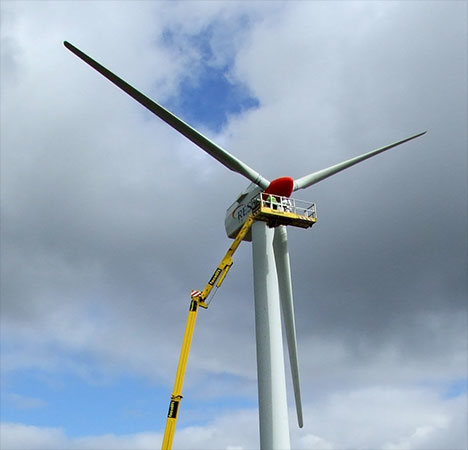We  humans have many cognitive biases, and it's important to be aware of them to make sure that our perception of reality is as clear as possible and that we're not deluding ourselves in various ways.
humans have many cognitive biases, and it's important to be aware of them to make sure that our perception of reality is as clear as possible and that we're not deluding ourselves in various ways.
When it comes to green, a topic I've been thinking a lot about in the past few years, there's one important bias that comes to mind (a bit similar what I wrote about in a previous article on HuffPo Green) and that I think should be more widely known. It's our tendency to favor the visible over the invisible (or at least, what is less obvious, out of sight).
When you hear it like that, it might sound obvious. "Duh!", you might think. But in practice, a lot of people fall for it. Over and over again.

For example, we're more touched by a dead bird at our feet right under a wind turbine than by 100 dead birds that were harmed out of sight by coal mining and coal power plants. That might lead us to believe that wind turbines are a bad thing, while in fact they're a vast improvement over most other ways to generate energy and are actually very low on the list of things that harm birds (cats are much worse, for example).

The other side of that coin is that we care less about invisible green things than about visible ones, even if the unseen ones are superior. For example, we pay a lot more attention and pour a lot more money into projects like wind farms and solar power plants, but efficiency improvements (negawatts) are rarely a priority even in cases when they would be more cost effective and better for the environment. Just looking at how much energy is wasted, and how inefficient our society is, it should be evident that negawatts are a great idea, yet because of our bias in favor of stuff vs. non-stuff, they rarely make it to the top of the list.
The take home message here is that sometimes what strikes us most is not necessarily what is most important. So it's important to take the time to think things through and see if there's not something invisible that we missed at first.